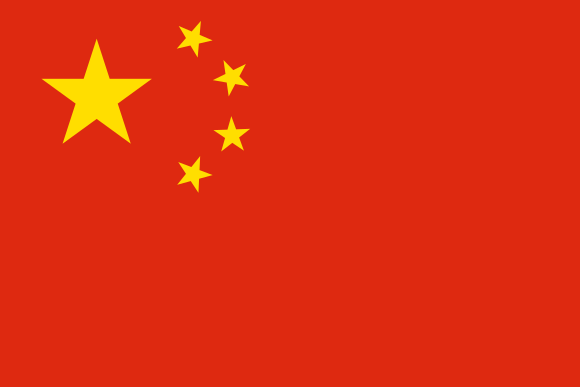Washoku, traditional dietary cultures of the Japanese, notably for the celebration of New Year
© 2012 Tadotsu town liaison comittee on life research groupsWashoku is a social practice based on a set of skills, knowledge, practice and traditions related to the production, processing, preparation and consumption of food. It is associated with an essential spirit of respect for nature that is closely related to the sustainable use of natural resources. The basic knowledge and the social and cultural characteristics associated with Washoku are typically seen during New Year celebrations. The Japanese make various preparations to welcome the deities of the incoming year, pounding rice cakes and preparing special meals and beautifully decorated dishes using fresh ingredients, each of which has a symbolic meaning. These dishes are served on special tableware and shared by family members or collectively among communities. The practice favours the consumption of various natural, locally sourced ingredients such as rice, fish, vegetables and edible wild plants. The basic knowledge and skills related to Washoku, such as the proper seasoning of home cooking, are Read more about this element on the UNESCO Intangible Cultural Heritage website.










